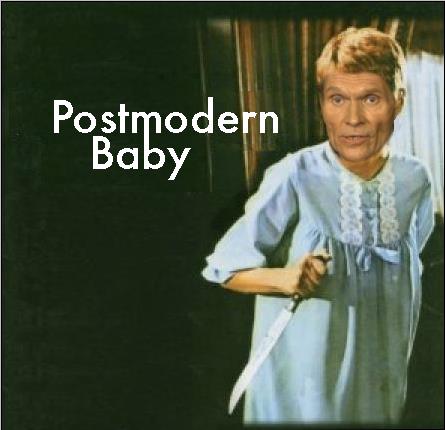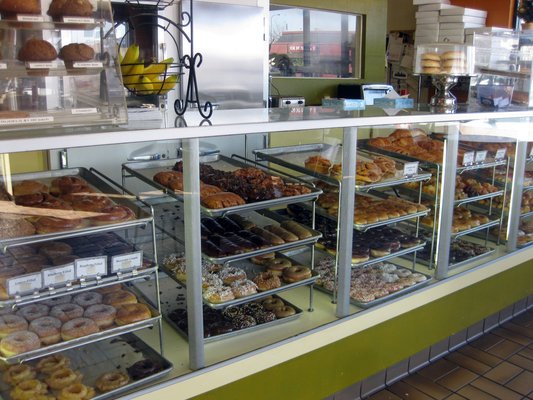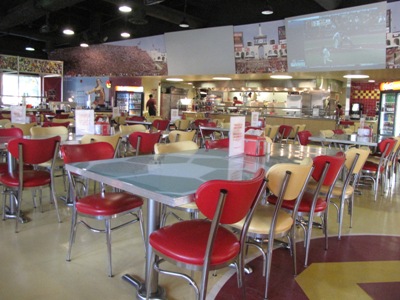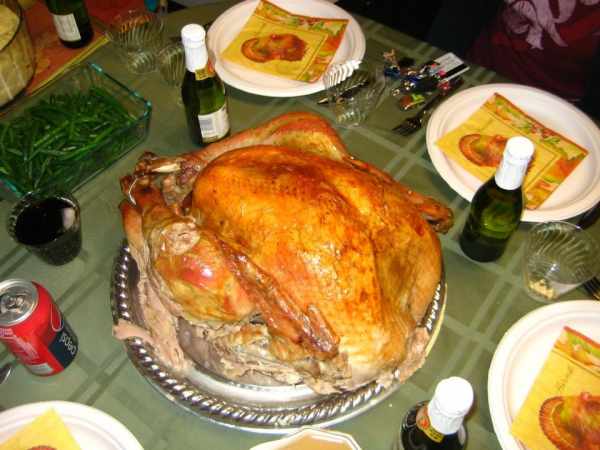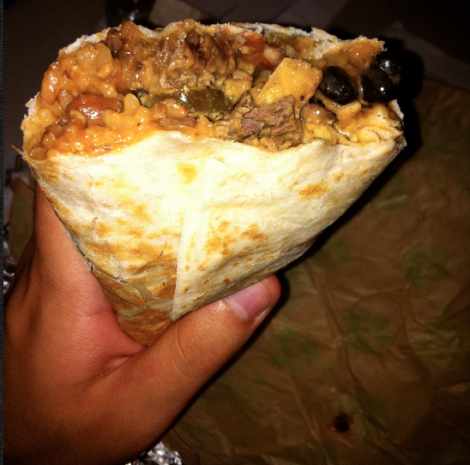
“I can’t get hired
anywhere!” cries recent grad Becca Reese. “My ex-roommate’s work wasn’t hiring,
then my second choices weren’t hiring, then my backups turned me down, and then
my second choices called again to make sure I understood I’m unhirable.”
Such is the lame,
unfun reality check that is trying to find a part-time job after four years of
what is, for all intents and purposes, an education in shotgunning light beer
and getting along with 18-22 year olds. Many twentysomethings like Reese are
finding their summer pursuits of employment as baristas, baggers,
product-shelvers, and telemarketers bearing much stiffer competition than they anticipated.
So what does it take
to be a prime candidate to fold clothes and unlock dressing rooms these days?
“Even the minimum-wage market is looking for extensive training and long-term
loyalty,” explains an anonymous lifetime member of the Cashiers’ Guild, a
secretive organization rumored to take new recruits as young as five years old.
“You think the ability to run a register at CVS is something you’re born with?
I don’t think so.”
Guilds are said to
exist not only for cashiers, but for food service, retail, babysitting,
lifeguarding, and panhandling. Members train their entire childhood for a
single job, and stick with it for life. “Even the loitering market is cornered
and overfilled, it turns out,” Reese laments.
The sad reality is
the demand for jobs far outweighs their availability, so employers can (and
will) be extremely choosy. The sadder reality, after recently-minted adults do
land one of these pay-the-bills jobs, is that the only reason they spent 30
minutes cleaning dishes or dusting shelves of shampoo was four dollars and the
promise that they can do it 60 times per week.
When asked about her
hopes for the future, Reese answers: “should’ve majored in engineering.”





